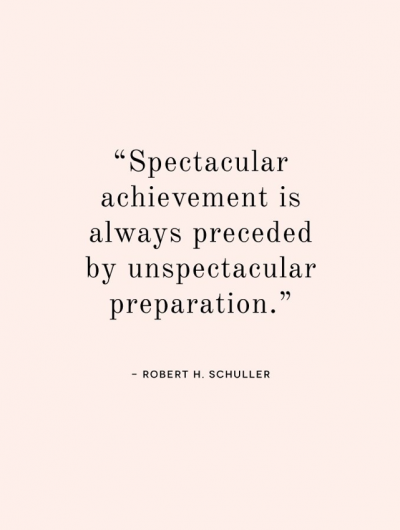As therapists, we know preparation is king. Summer is around the corner, but before we go, we always want to wrap up the loose ends so we can rest easy during the break and make the transition back in the Fall is as easy as possible.
Here are some tips I’ve found very handy that helped set me up (or the person taking over my caseload) for a smoother and less stressful transition in the Fall!
- Keep short notes on the area of concern you were targeting with every kid at the end of the year. If a child met part of a goal (spacing for example with Occupational Therapist handwriting goals) and you were working mostly on the second half of the goal (letter/word orientation to the line), then a note about it will help you start off exactly where you left off without skipping a beat.
- Keep notes of pending assessments. It is best practice to finish completely your assessments and accompanying reports before the end of the school year. I’ve found it helpful to make some notes about what to say during the IEP while it is fresh in your mind. Then when the new school year comes around, all you have to do is review it before the meeting and everything will come back to you. It will not only help you but also the next therapist next year in case you will not be the therapist working with this child again (since caseload can change). Set yourself (or the next therapist) up for success!
- Keep notes on new referrals. Sometimes we receive requests about fine motor or speech concerns even up to the minute before the summer break. Keep a log of new referrals so you or the new therapist knows to follow up with the student next year and no one falls through the cracks.
- Keep notes on upcoming reassessments. If a child is close to exiting but you weren’t able to conduct an assessment before the break, make a note of it so you (or the next therapist) will remember to reassess in the fall.
- Keep notes on important miscellaneous details. Include pertinent notes on if this student is involved in a legal case (or approaching one), what the family is like, pending status of IEP (such as if there is a stay put or parent signed with exception for what part) so that you or the new therapist will know what parts of the IEP are correct and work from the appropriate goals. The more informed you are the better prepared you will be to respond in high-stress situations.
- Plan out your next sessions with all your students. Even if it’s the last week of school, jot down what you would do during intervention if you were to see the student again next week so you don’t have to think of your next session from scratch in the fall after it’s been a while.
- Keep your master list of goals, service minutes, frequencies, service models updated throughout the year. This is helpful because if you keep your same students in the fall (or another therapist takes over your caseload), there’s little to no research that needs to be done when you return.
- Collect any visuals you made for your kids. Visuals can be lost or thrown away accidentally by others so collect them early and keep them safe over the summer so you can reuse them next year and save yourself the time of remaking 10 sets of movement break cards.
- Make sure you update your Summer School service minutes for your kids that qualify. This helps the therapists working over the summer tremendously. Give them the correct information so that they can just focus on providing excellent service for your kids over the break instead of spending hours hunting down every service minute from every IEP.
In our profession, there is a lot of note-taking, but when we put in the hard work, our children benefit from a seamless intervention experience and we can also help out our fellow therapists. Once you’ve done this, then all that’s left to do is sit back, relax, and enjoy your summer, knowing that you have done all you can to prepare!
Author: Alethia Yu, M.A., OTR/L

